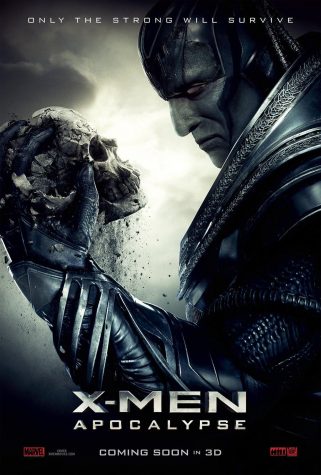The Tragedy of the Corporate Monster
Barneys, among many other stores, is notorious for its snooty airs. One way such high-end stores assert their positions is by secretly rooting out who is worthy of their time and who is not.
According to a November article in the Huffington Post by Kim Bhasin and Julee Wilson, employees of stores such as Barneys regularly filter out who is fit to shop in their stores. They joke around with each other, scanning and judging possible customers based on appearances, including clothing and race. Now, we all have private impressions, but these snobs actually act upon their prejudices.
On Nov. 22, I went to the newly opened Bloomingdale’s in the Glendale Galleria while dressed in slouchy jeans and a nondescript hoodie. While browsing the Louis Vuitton section of the store, none of the employees bothered to ask whether I needed help.
In fact, I had a few suspicious glances thrown my way. But when I went back on Nov. 26 dressed in clothes with noticeable brand names and logos, I was given more polite looks, if not service. (Given that I am a teenager, I don’t think that they really expected me to purchase a Gucci purse.)
Another way that high-end boutiques hold themselves above others is by discrimination. According to a black former Barneys employee who was interviewed by the Huffington Post, employees ignore, or worse, tail, the black customers simply because they’re black. Employees think that black customers are more likely to shoplift and even follow them around from floor to floor.
Now, I’m not solely blaming the employees. As the former Barneys employee said, there’s almost a tacit expectation of what kind of customers they’re trying to appeal to when they work for posh stores.
Ultimately, this can be attributed to the idea of elitism. Stores have a specific unspoken agenda, and they expect employees to flawlessly carry it out. To disregard this unspoken edict would be the professional equivalent of cannonballing into a swimming pool while wrapped with electric wires.
The issue lies within the two-sided landscape of the cosmopolitan corporate world. We’ve got one side, the side that the public is supposed to swallow, that toots its horn about equality for all. Then we’ve got the other side: the quiet, hypocritical side that sours society, the side that controls its employees based on deeply ingrained prejudices.
Nearly all clothing companies have humble beginnings. Take Barneys, for example. It had been the complete opposite of what it is today: a discount store for men’s clothing. But as the years went by, as its reputation built, it grew into a callous company that sneered at its past and advocated exorbitant prices instead. ($100 for a T-shirt? Really, now?)
Corporate behemoths reflect the age-old struggle of people who come into too much power. The problem with both is that they forget their roots and become the very things they vowed to overcome. Such bigotry then leads to infliction of harm on others, or in the case of the corporate world, discrimination. And then we’re just left with disgust and pity for big enterprises who have fallen into traps.

INTERESTS/HOBBIES: Concert-going, book-reading, pun-saying, cover-making, prose-writing
EXTRACURRICULAR ACTIVITIES: GMG Regional Board (VP of...







